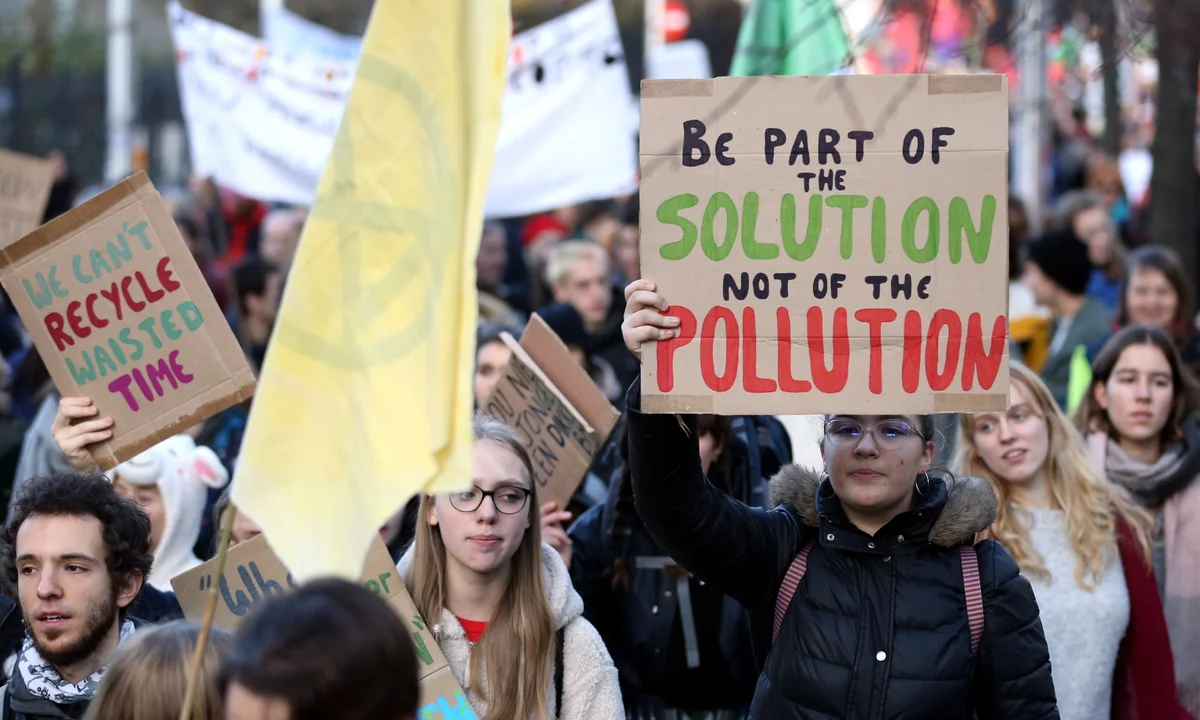The European Union is set to miss a critical United Nations deadline for submitting updated emissions-reduction targets, a delay attributed to ongoing disagreements among member states. This postponement threatens to undermine the EU’s credibility ahead of the upcoming COP30 climate summit in Brazil.
Internal Divisions Stall Progress
The EU had aimed to establish binding climate targets for 2035 and 2040. However, divisions have emerged between member states, particularly between wealthier Western nations and economically cautious Eastern countries. Germany, France, and Poland have expressed reservations about aggressive emissions reduction goals, citing potential economic impacts and the need for a balanced approach. Countries like the Czech Republic and Italy have also voiced opposition, arguing that stringent targets could harm industrial sectors and economic growth.
As a result, EU climate ministers are expected to confirm that the bloc will miss the global deadline to set new emissions-cutting targets. Instead, they plan to submit a “statement of intent” proposing a provisional emissions reduction range of 66.3% to 72.5% from 1990 levels by 2035. This interim measure aims to maintain momentum while awaiting consensus on the 2040 target.
Economic and Political Pressures
The delay has sparked concern among European businesses and environmental groups. Over 150 CEOs and asset managers, collectively managing €65 trillion, have urged EU leaders to adopt a strong, science-based 2040 target. They argue that clear and ambitious climate goals are essential for driving investment in clean technologies and ensuring Europe’s competitiveness in the global market.
Conversely, some EU governments are advocating for more cautious targets, citing the need to balance climate objectives with economic considerations. The ongoing debate reflects broader tensions within the EU over how to achieve net-zero emissions by 2050 without compromising economic stability.
Implications for Global Climate Leadership
The EU’s delay in finalizing its climate targets risks diminishing its leadership role in global climate negotiations. With major emitters like China and Australia expected to announce new climate commitments at COP30, the EU’s inability to present a unified and ambitious plan could weaken its influence and credibility on the world stage.
As the October summit approaches, EU leaders face mounting pressure to resolve internal divisions and demonstrate a unified commitment to addressing the climate crisis. The decisions made in the coming weeks will have significant implications for Europe’s environmental policies and its standing in international climate diplomacy.
















Leave a Reply